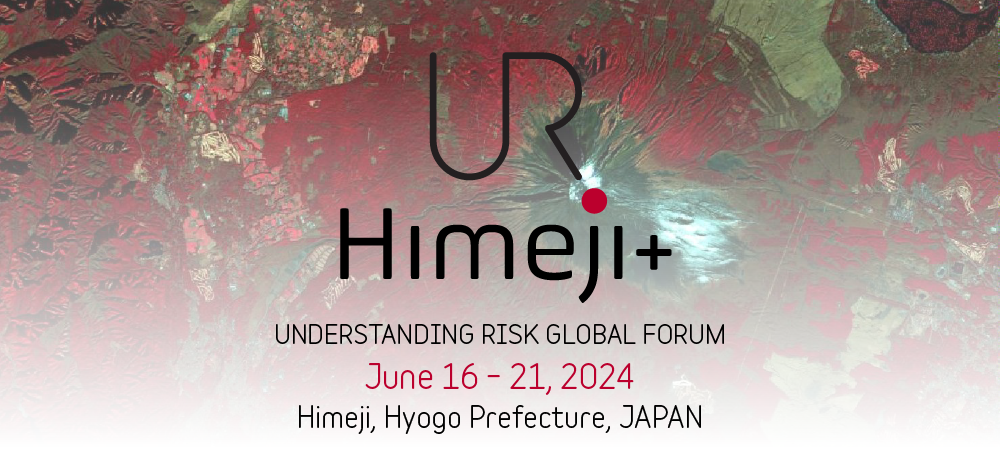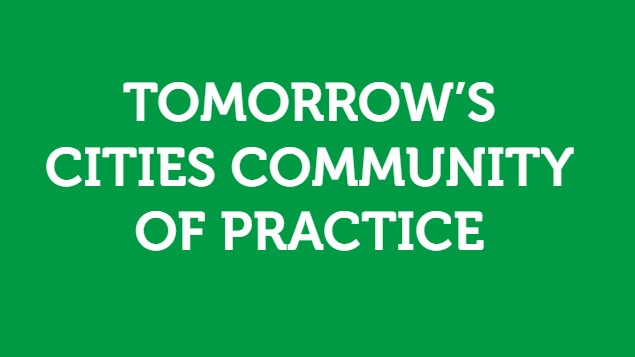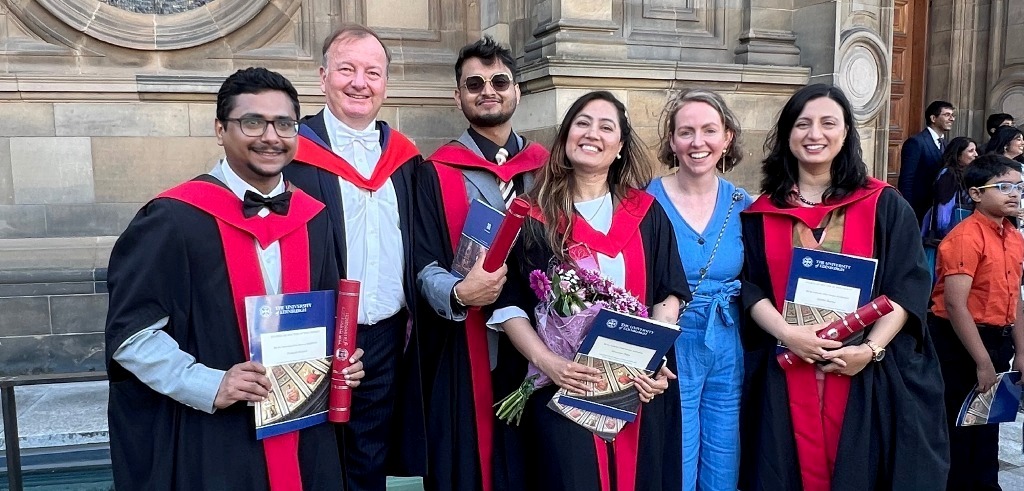
- Close
09/07/2024 |
Are Our Cities Ready for the Future?

The United Cities and Local Governments (UCLG) and Tomorrow’s Cities joined forces at theUnderstanding Risk 2024 conference in Himeji, Japan, to organize a panel on future-oriented, participatory, and risk-sensitive urban planning.
Part of Tomorrow’s Cities focus-day, the panel titled “Building an Inclusive Enabling Environment for More Just Disaster Governance” was moderated by Sara Hoeflich, Assistant Secretary General of UCLG. It featured experts including Sanjaya Bhatia from the United Nations Office for Disaster Risk Reduction, Takeshi Komino from the Asian Disaster Reduction and Response Network, Costly Chanza from Blantyre City Council in Malawi, Mizan Bisri from Kobe University, Ramesh Guragain from the National Society for Earthquake Technology, Nepal and Thaisa Comelli from University College London’s and Tomorrow’s Cities .

From left to right: Sara Hoelefich, UCLG; Costly Chanza,Blantyre City Council; Sanjaya Bhatia, UNDRR; Ramesh Guragain, NSET/Tomorrow’s Cities, Thaísa Comelli UCL/Tomorrow’s Cities; Mizan Bisri, Kobe University and Takeshi Komino, Asian Disaster Reduction and Response Network.
Throughout the discussion, the panelists addressed the tensions in inclusive risk reduction and potential solutions. A significant challenge highlighted was the need to engage communities, ensuring interest and awareness for effective planning and policy. In regions where natural hazards are less severe, convincing populations to invest in future resilience—often at the expense of present priorities—remains a difficult conundrum. This issue is relevant not only to natural hazards but also to climate change and rapid urbanization.
The panelists also emphasized the vital role of science and academic institutions in supporting local and regional governments and fostering trust and cooperation among diverse stakeholders. However, the interest of academic institutions is often short-term, and their recommendations can exceed the capacities of local governments. Building local government capacity is essential, as the example of larger cities involved in the Making Cities Resilient initiative is not necessarily applicable to the numerous smaller cities at risk. With the Sendai Framework under revision, upscaling efforts, as stressed by the UNDRR, is critical.
An issue raised was that despite local and regional governments’ efforts to lead innovative approaches, interventions often remain too localized. Without the support of national governments, there is a risk of losing progress and reinventing methodologies. Finding creative financial mechanisms and securing national government support is crucial for more urban citizens to benefit from these innovations.
In contemplating future-oriented planning and governance, the panelists discussed the challenge of establishing synergies for shared long-term goals and articulating short, medium, and long-term actions for transformative, yet comprehensible, pathways to risk reduction and resilience. Balancing the needs of current and future generations and nature is essential to ensure fair and equitable futures for all. In this regard, the methodologies developed by Tomorrow’s Cities are considered innovative and valuable for sharing beyond the project’s horizon.



